Raqs-e-Bismil Drama Review – “Raqs-e-Bismil,” a Pakistani drama that aired from 2020 to 2021, captivated audiences with its intriguing narrative and compelling characters. The title, which translates to “Dance of the Wounded,” immediately hints at the depth and complexity of the storyline. The drama, set against the backdrop of Pakistan’s cultural richness, weaves a tale that explores love, spirituality, societal norms, and personal journeys.

Raqs-e-Bismil Drama Cast:
The success of “Raqs-e-Bismil” can be attributed in no small part to its stellar cast. Imran Ashraf, in the lead role of Moosa, delivered a remarkable performance that resonated with viewers. Sarah Khan, who portrayed Zohra, added depth to the narrative with her nuanced acting. The supporting cast, including Mehmood Aslam, Anoushay Abbasi, and others, contributed to the overall excellence of the drama, making each character memorable and integral to the plot.
| Character | Actor/Actress |
| Moosa | Imran Ashraf |
| Zohra | Sarah Khan |
| Sakina | Anoushay Abbasi |
| Muqaddar Khan | Mehmood Aslam |
| Sheherbano | Nida Mumtaz |
| Nazneen | Furqan Qureshi |
| Abdul Sattar | Gul E Rana |
| Inayat | Saleem Mairaj |
| Farida | Zara Sheikh |
| Maryam | Momin Saqib |
Themes and Social Commentary:
“Raqs-e-Bismil” stands out not only for its engaging storytelling but also for its exploration of significant themes and social commentary. The drama delves into the clash between tradition and individual desires, highlighting the challenges faced by individuals who strive to break free from societal expectations. It skillfully addresses complex issues such as honor, morality, and spirituality, prompting viewers to reflect on these themes in the context of the characters’ lives.
Characters and Development:
The character development in “Raqs-e-Bismil” is a standout feature, as each character undergoes a profound transformation throughout the series. Moosa’s journey from a carefree individual to someone grappling with spiritual dilemmas is particularly noteworthy. Zohra’s character, too, evolves, challenging traditional norms and asserting her independence. The ensemble cast contributes to the richness of the narrative by portraying characters with depth, flaws, and virtues, making them relatable to the audience.
Cinematic Elements and Direction:
The cinematic elements of “Raqs-e-Bismil” add an extra layer of brilliance to the overall viewing experience. The drama benefits from high production values, with aesthetically pleasing cinematography capturing the scenic beauty of various locations. The direction, led by Wajahat Rauf, ensures a seamless flow of the narrative, creating a visually captivating and emotionally resonant experience for the audience. The use of symbolism and visual metaphors further enhances the storytelling, making it a visual treat.
Conclusion:
In conclusion, “Raqs-e-Bismil” emerges as a standout Pakistani drama that skillfully weaves together a tapestry of emotions, societal dilemmas, and individual aspirations. The engaging storyline, coupled with exceptional performances from the cast, elevates the drama to a level of excellence. By addressing pertinent social issues and offering a fresh perspective on love and spirituality, “Raqs-e-Bismil” not only entertained but also left a lasting impact on its viewers. As one reflects on the dance of the wounded portrayed in the drama, it becomes evident that “Raqs-e-Bismil” is a noteworthy contribution to the rich landscape of Pakistani television.
Share this content:
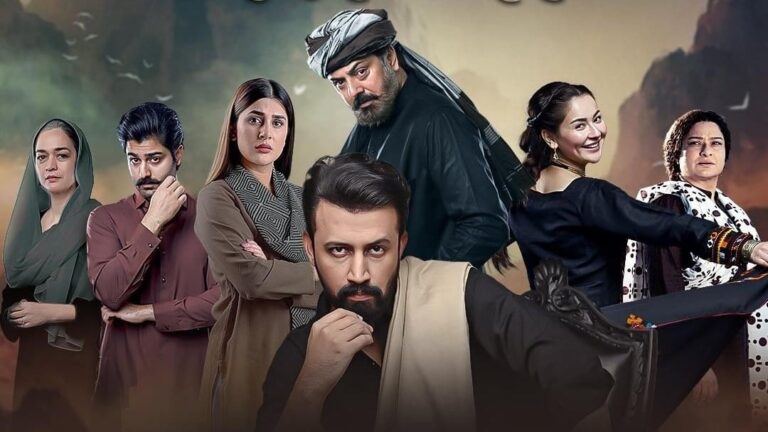
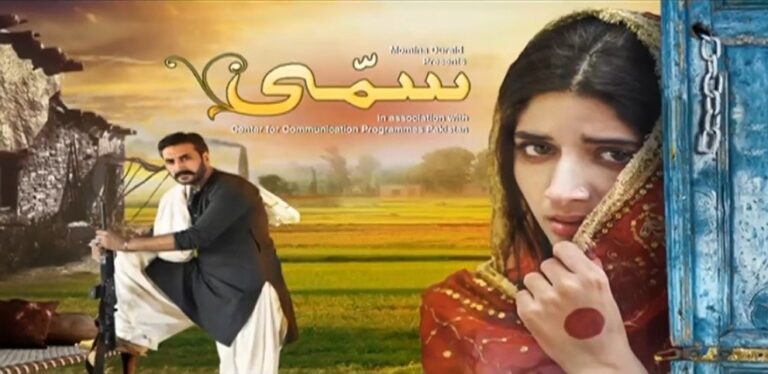
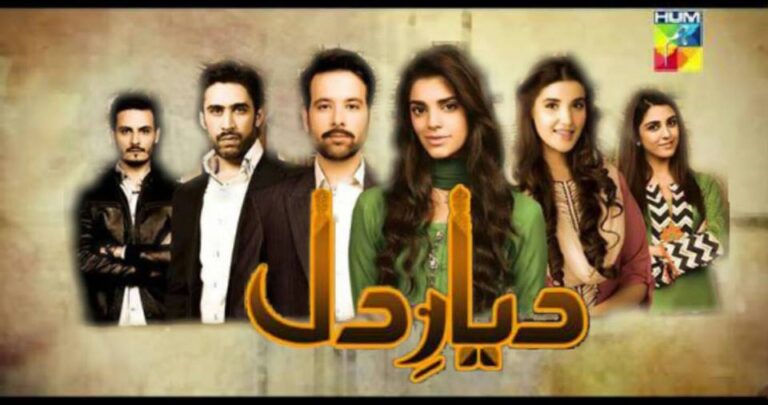

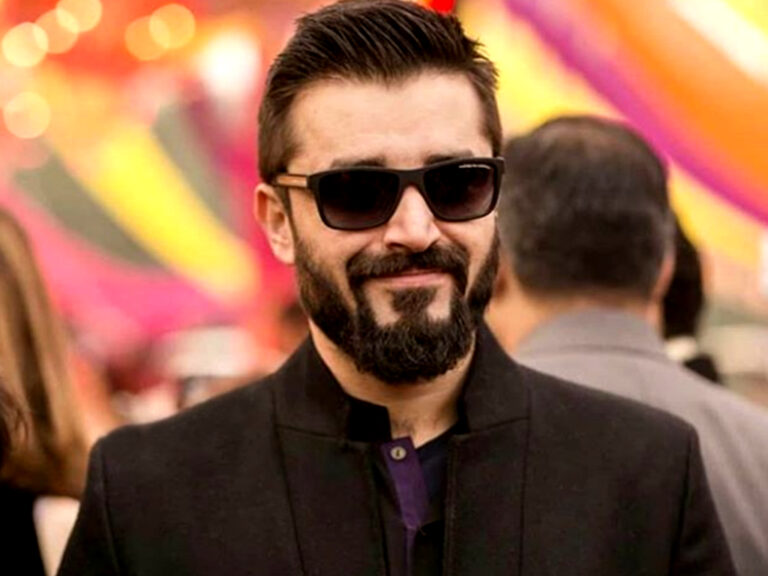
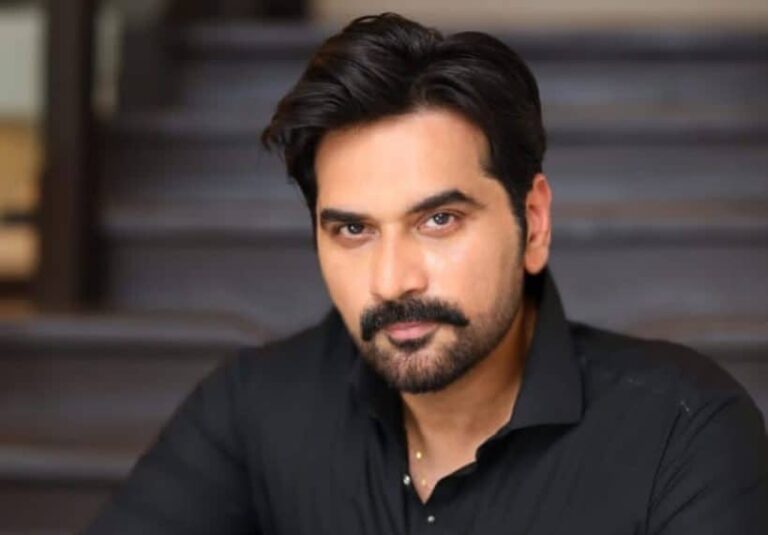


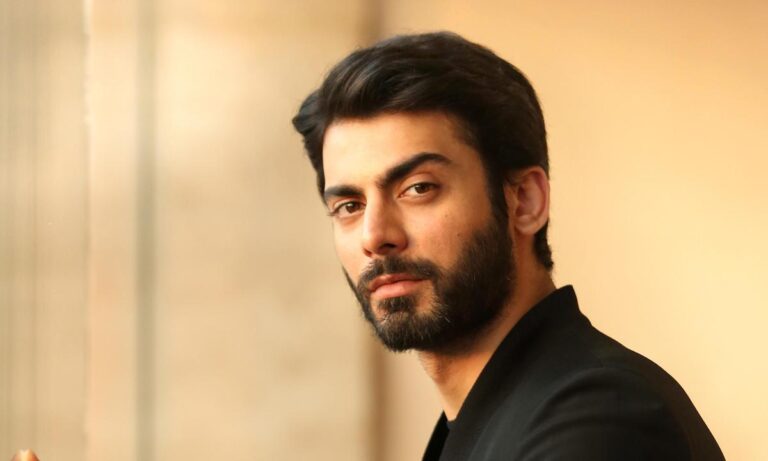
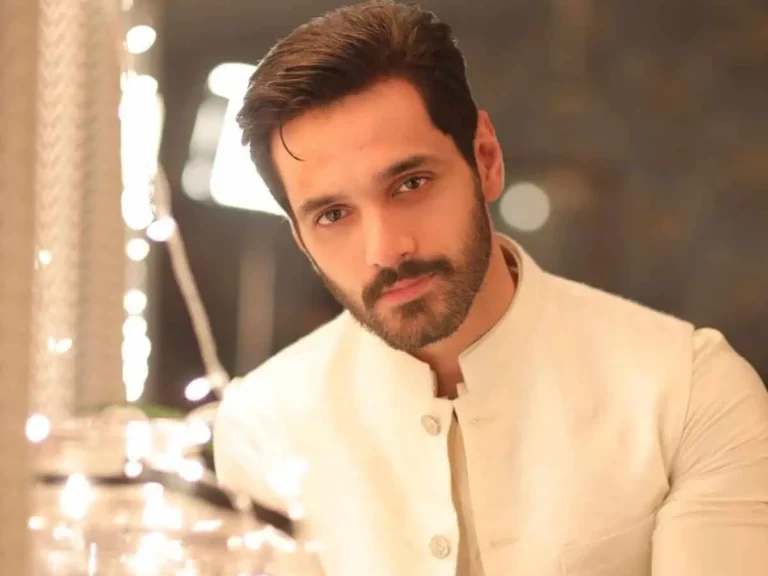
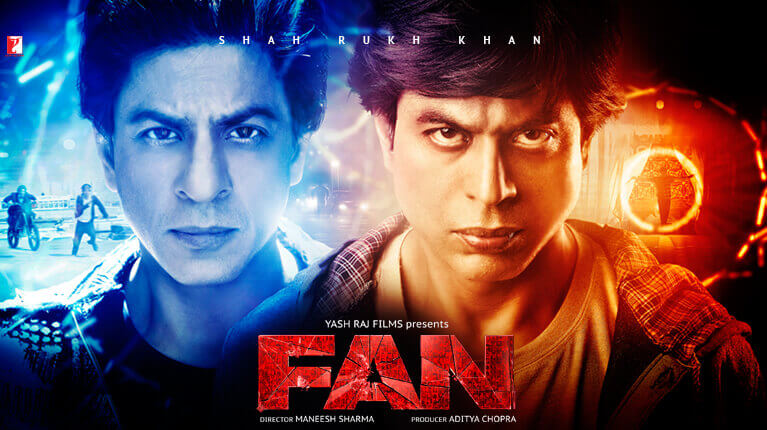
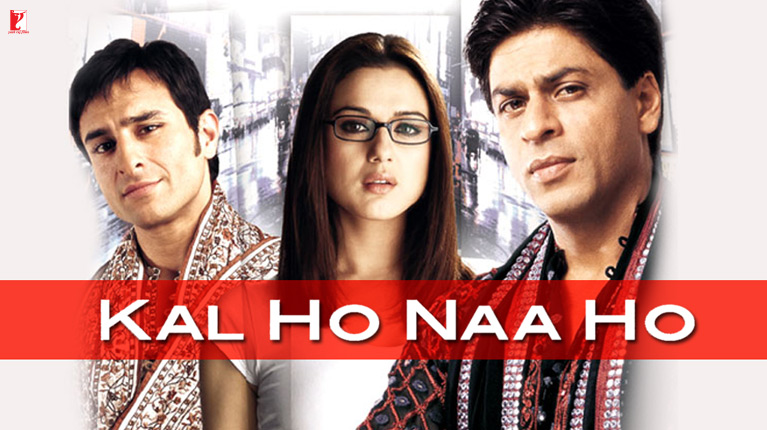
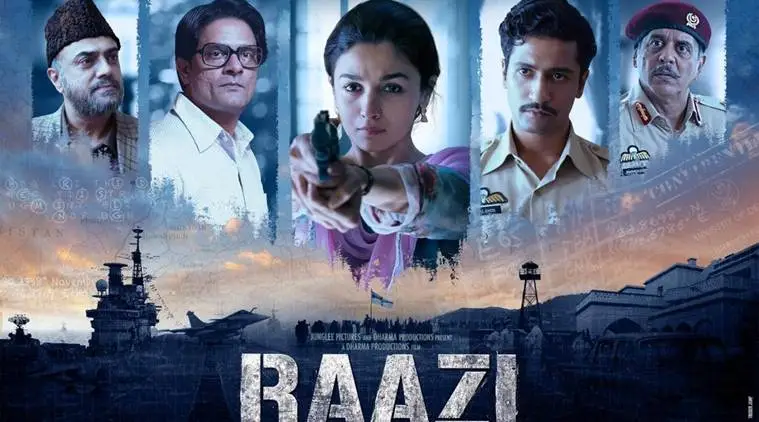
+ There are no comments
Add yours